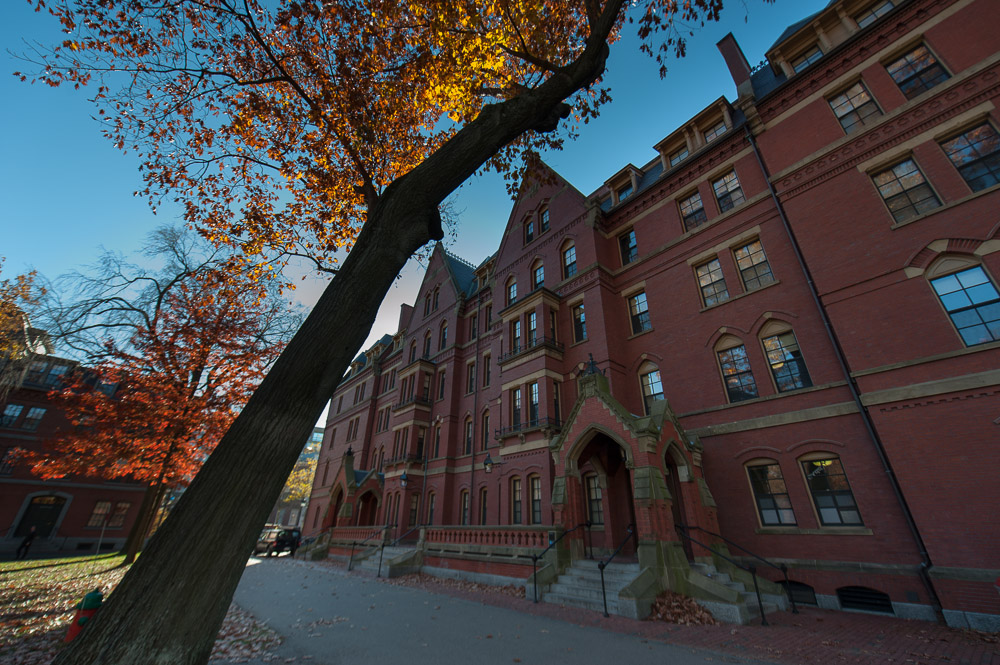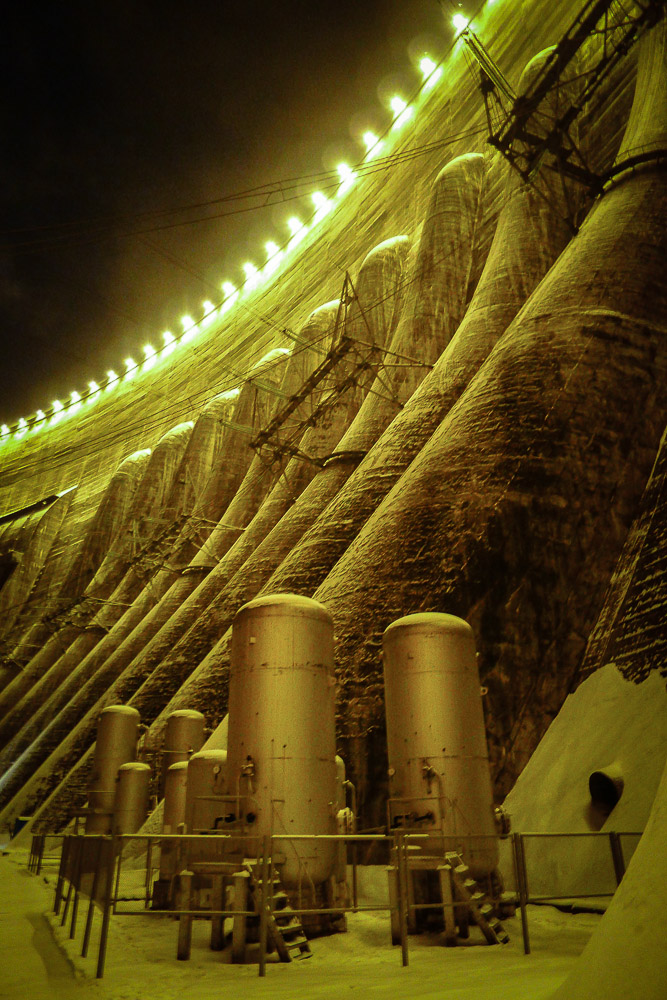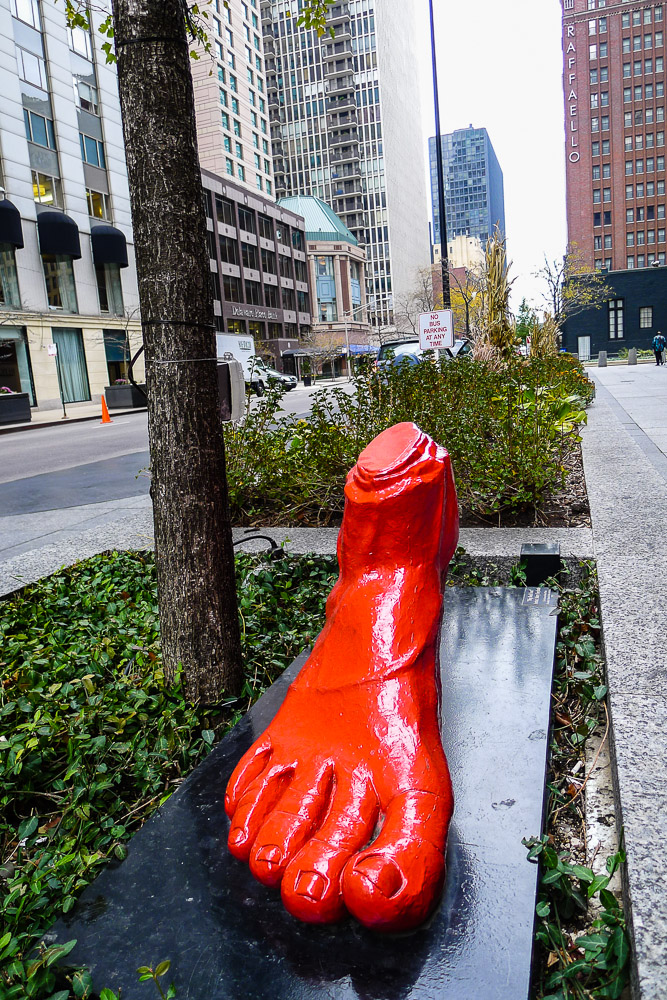Three weeks on the road and counting… no, that can’t be right – since I’ve lost count! Of everything. The number of flights, hotels, cities, taxis, friendly maids, and of course the zillions – or thereabouts – of interviews, roundtables, presentations, lectures, partner meetings and negotiations. I’m a bit fuzzy on the what and where of the last 21 days. If I try hard and really get the old memory working – a few bits of spatiotemporal data do start to appear, but it’s still all a bit blurry. The best way of giving the cognizance a jolt is by looking over my photo archives – my own special personal pics on my laptop (sorry, I’ll be keeping those to myself!) and public ones – on Flickr and Instagram.
Yesterday we found ourselves at the place where a Tea Party led to no less than the American Revolution – Boston. I’ll skip the business part of the day and get straight into the more interesting bit – checking out some of the local must-sees, actually, one in particular.
The suburbs of Boston, in the Commonwealth of Massachusetts (curious official state title considering this place’s association with fighting the country with the original, biggest and baddest commonwealth! Maybe not, we are in New England, after all :), are home to the oldest, most respected, most prestigious, (and I’m sure there are many more mosts this place can claim) university in the USA (the world?). Of course I’m talking about Harvard, in the town of Cambridge (not to be confused with town of the same name in the UK – also home to a multi-most uni).
To say this place impresses will hardly come as a surprise. Of course it impresses. It has an aura about it – the unmistakable aura of academe, something I both respect and have fond memories of (back in my home country). A magical bookish atmosphere against a backdrop of imposing classical 18th-19th century architecture. Lush!
Incidentally, it was here where the Oscar-winning A Beautiful Mind was filmed.
Well that’s enough words. Let the pictures say a thousand things more than words ever could…
 Not red rock; red brick
Not red rock; red brick
More: Hat Off to Harvard…












